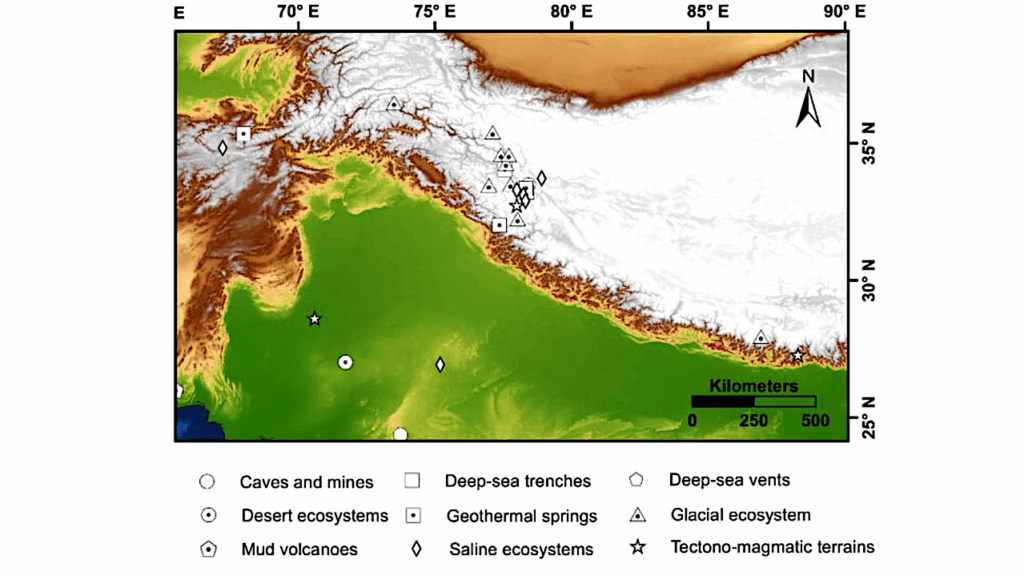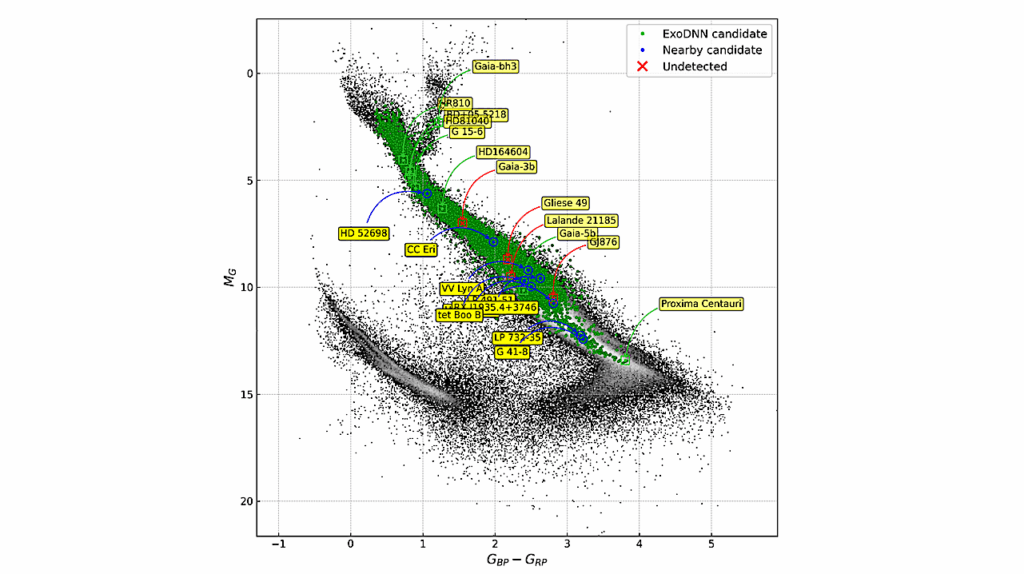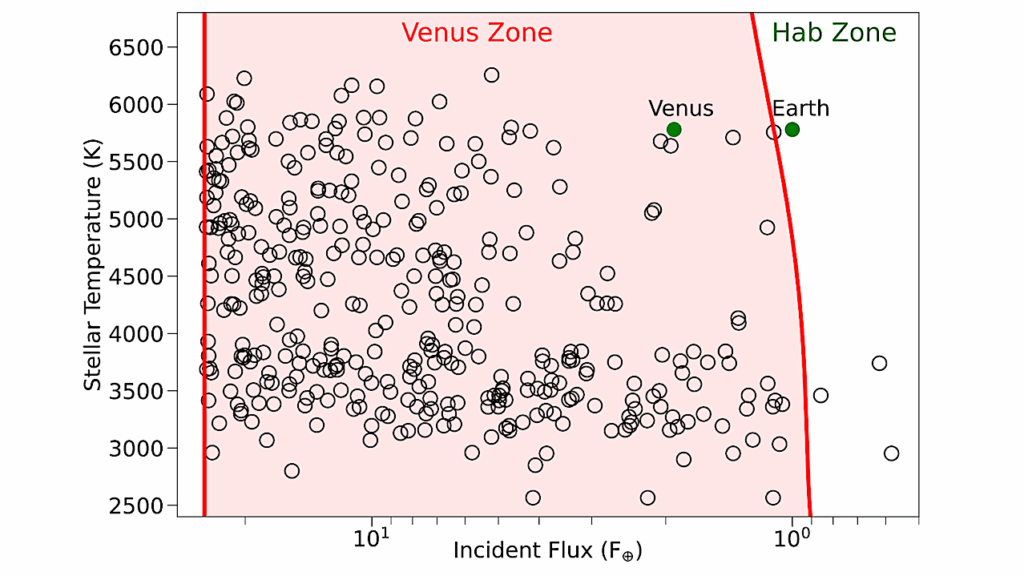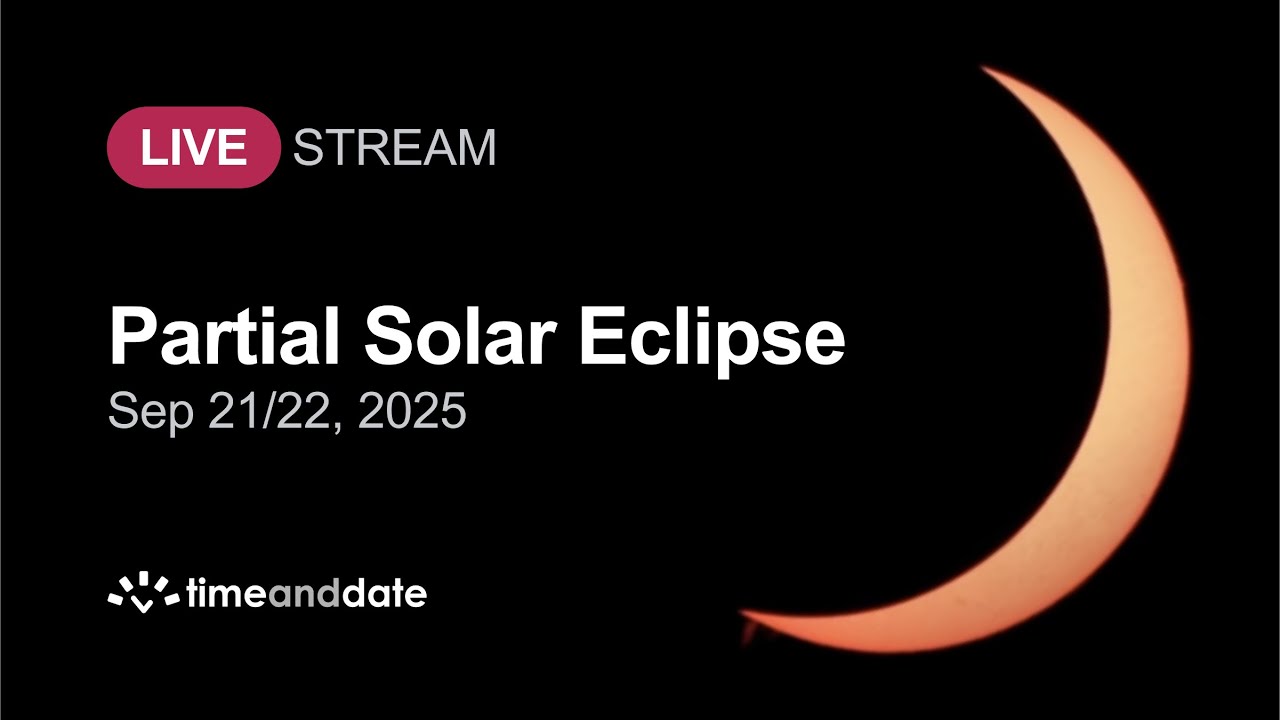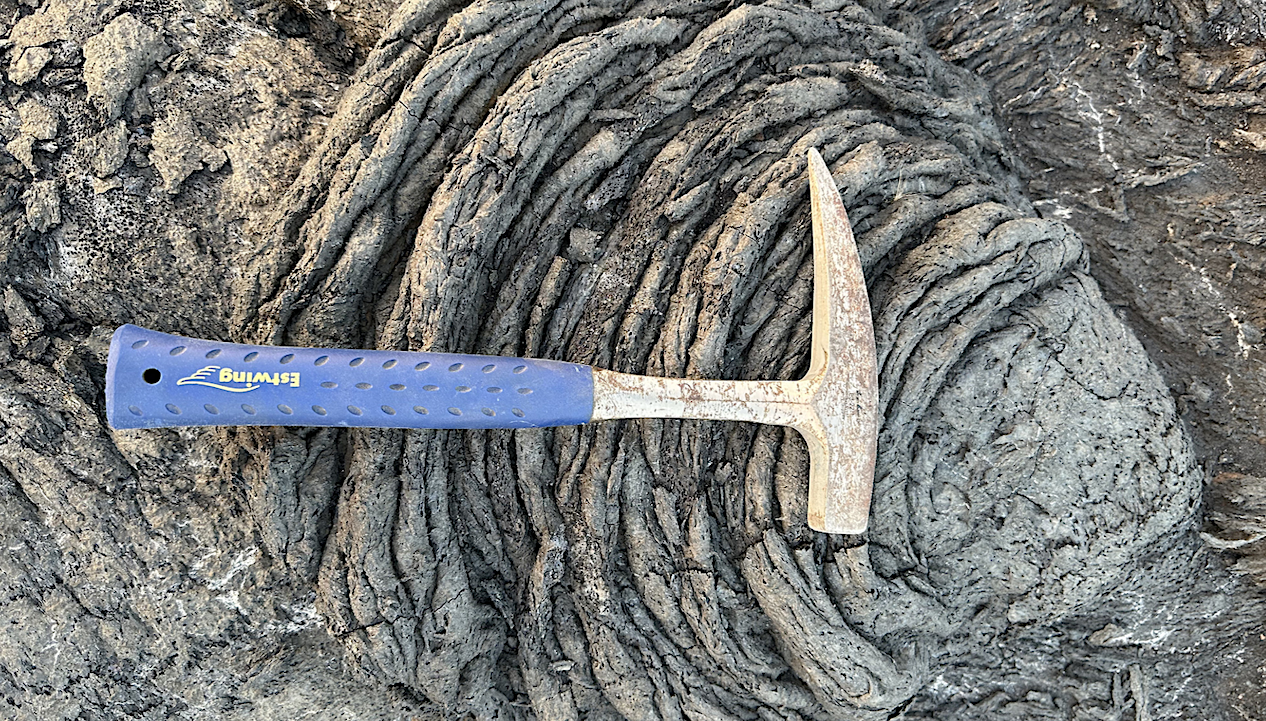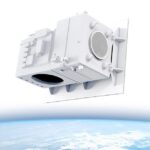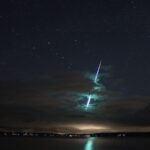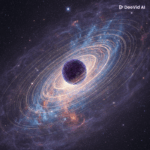Now Reading: On the Detection Of Exorings in Reflected Light With JWST NIRCam
-
01
On the Detection Of Exorings in Reflected Light With JWST NIRCam
On the Detection Of Exorings in Reflected Light With JWST NIRCam
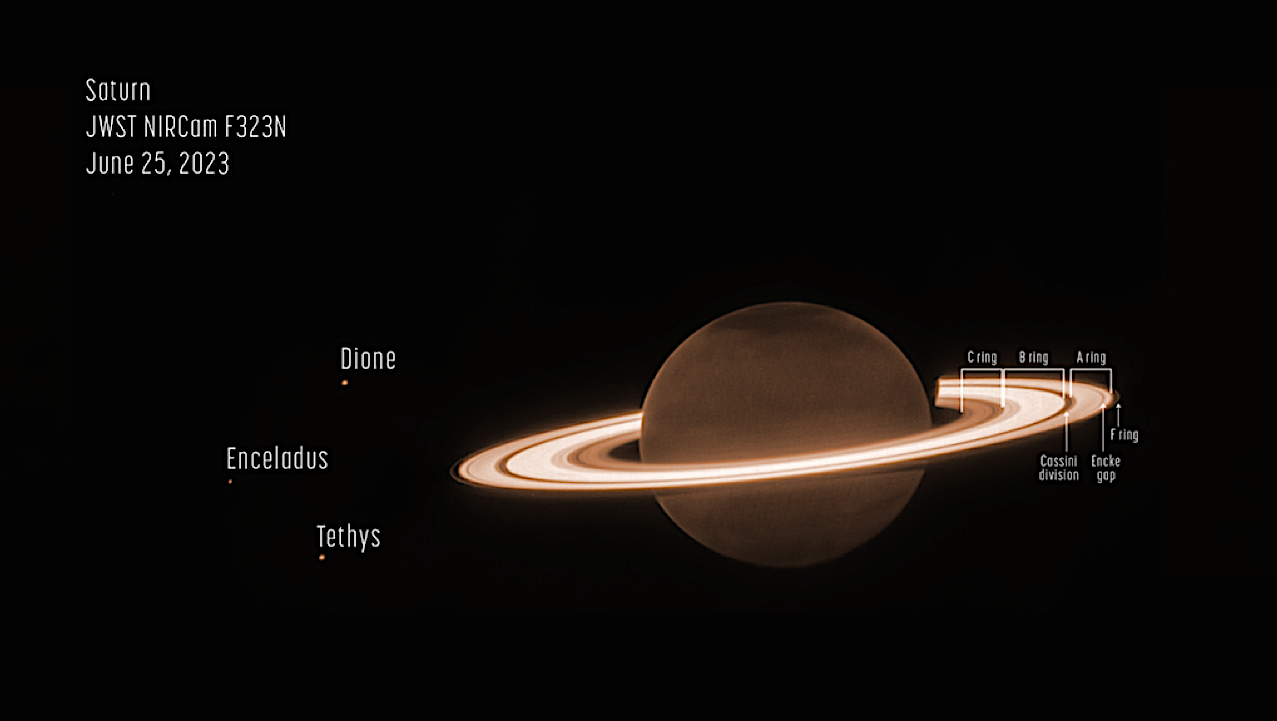

The rings of Saturn and Uranus as imaged by JWST NIRCam. These images provide an empirical example in which the flux of the ring system is comparable to, or even exceeds, that of the planet when observed with NIRCam. The image of Saturn was created using data from JWST GTO 1247.a The image of Uranus was created using data from JWST DD 2739.b — astro-ph.EP
When directly imaging a cold giant exoplanet hosting a ring system, the reflected light from the rings can outshine the planet’s thermal emission and reflected-light in the near-infrared.
Consequently, an exoring may be detectable at a significantly lower contrasts than is required to image the exoplanet itself. Here we investigate the detectability of exorings in near-infrared reflected light using NIRCam coronagraphy PanCAKE simulations of two nearby mature stars, Proxima Centauri and Tau Ceti.
Under the most favorable assumptions, we find JWST 2μm NIRCam coronagraphy (F200W + MASK335R) is capable of detecting an exoring system with a radius of 2.8 times that of Saturn’s A-ring for planets on an orbit with a = 1.3-1.9 AU. Broader simulations indicate that NIRCam can probe large planetary ring systems around mature exoplanets comparable in size to circumplanetary disks, which can reach up to 1000 times the radius of Saturn’s A-ring.
These results suggest that NIRCam F200W coronagraphy could serendipitously detect large exorings in reflected light under the right conditions. A combined analysis of F200W coronagraphic observations of confirmed exoplanets could provide the first empirical constraints on the occurrence rate of large exorings.
Confirming the existence and frequency of exorings spanning the scale between circumplanetary disks and the rings of the Solar System giant planet could offer new insight into the formation, evolution, and architecture of planetary systems.

The image of Uranus was created using data from JWST DD 2739.b — astro-ph.EP
Rachel Bowens-Rubin, Mary Anne Limbach, Sam Hopper, Klaus Subbotina Stephenson, Matson Garza, Leigh N. Fletcher, Matthew Hedman
Comments: Accepted to AJ on Aug 29 2025
Subjects: Earth and Planetary Astrophysics (astro-ph.EP); Instrumentation and Methods for Astrophysics (astro-ph.IM)
Cite as: arXiv:2509.07118 [astro-ph.EP] (or arXiv:2509.07118v1 [astro-ph.EP] for this version)
https://doi.org/10.48550/arXiv.2509.07118
Focus to learn more
Submission history
From: Rachel Bowens-Rubin
[v1] Mon, 8 Sep 2025 18:15:14 UTC (6,352 KB)
https://arxiv.org/abs/2509.07118
Astrobiology,
Stay Informed With the Latest & Most Important News
Previous Post
Next Post
-
 01Two Black Holes Observed Circling Each Other for the First Time
01Two Black Holes Observed Circling Each Other for the First Time -
 02From Polymerization-Enabled Folding and Assembly to Chemical Evolution: Key Processes for Emergence of Functional Polymers in the Origin of Life
02From Polymerization-Enabled Folding and Assembly to Chemical Evolution: Key Processes for Emergence of Functional Polymers in the Origin of Life -
 03Φsat-2 begins science phase for AI Earth images
03Φsat-2 begins science phase for AI Earth images -
 04Thermodynamic Constraints On The Citric Acid Cycle And Related Reactions In Ocean World Interiors
04Thermodynamic Constraints On The Citric Acid Cycle And Related Reactions In Ocean World Interiors -
 05Hurricane forecasters are losing 3 key satellites ahead of peak storm season − a meteorologist explains why it matters
05Hurricane forecasters are losing 3 key satellites ahead of peak storm season − a meteorologist explains why it matters -
 06Binary star systems are complex astronomical objects − a new AI approach could pin down their properties quickly
06Binary star systems are complex astronomical objects − a new AI approach could pin down their properties quickly -
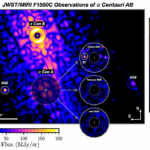 07Worlds Next Door: A Candidate Giant Planet Imaged in the Habitable Zone of α Cen A. I. Observations, Orbital and Physical Properties, and Exozodi Upper Limits
07Worlds Next Door: A Candidate Giant Planet Imaged in the Habitable Zone of α Cen A. I. Observations, Orbital and Physical Properties, and Exozodi Upper Limits













